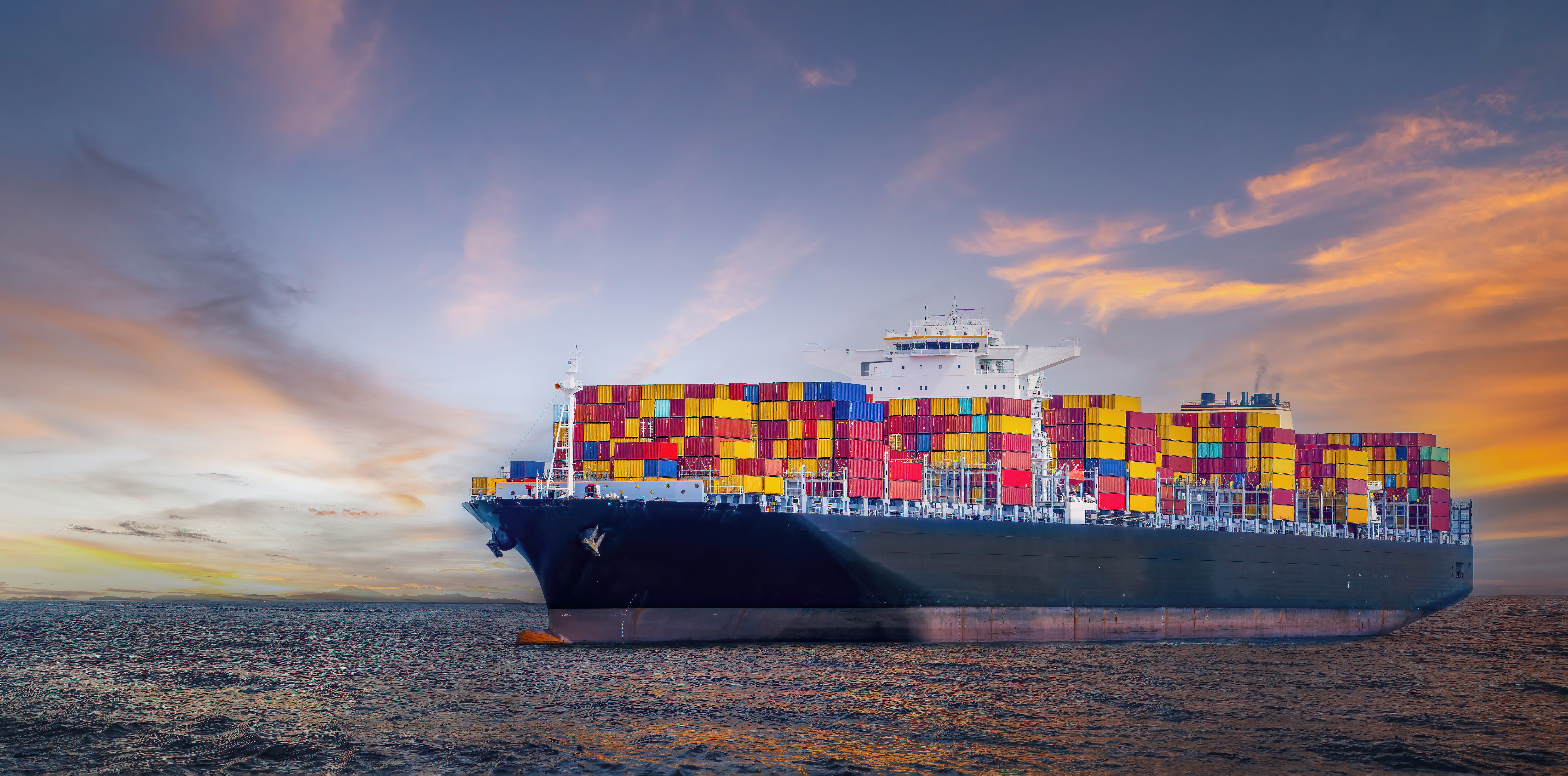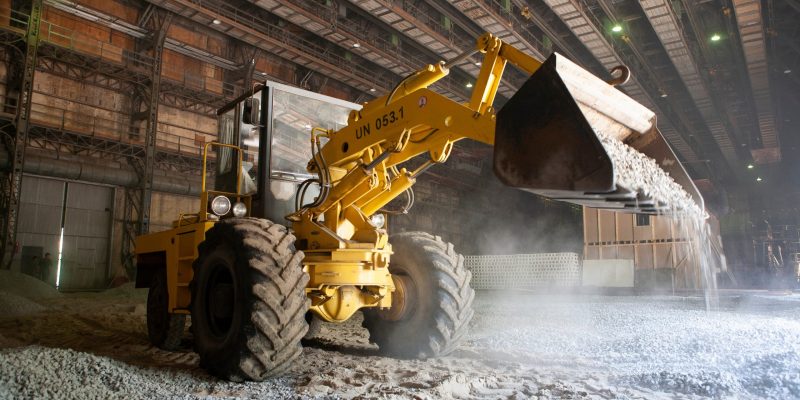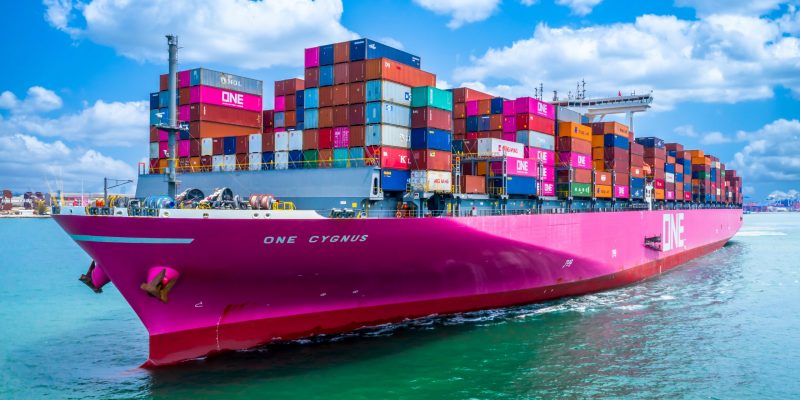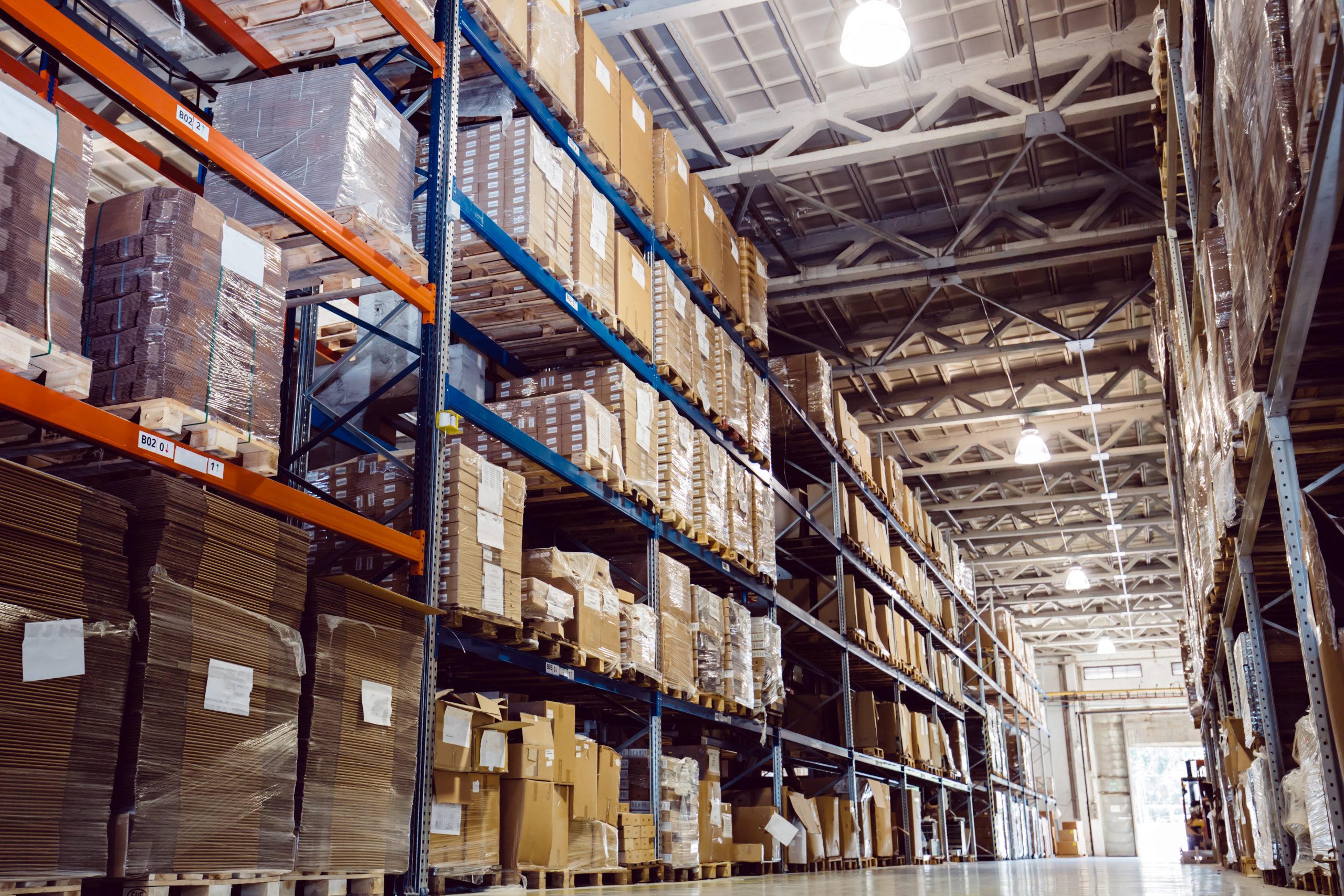
Linehaul Logistics Services
We are experts at heavy hauling and shipping large hard to move items. However we have a multitude of other services we offer. From a box of tissue paper to a crate of frozen fish. From Toronto, to Tokyo. We can move it all. Let us be your one stop shop for all your logistical needs.
Heavy Hauling
Heavy hauling is what we excel at! A specialized logistics service designed to transport oversized and overweight cargo that exceeds standard size and weight limits. This crucial aspect of the transportation industry involves the use of specialized equipment, such as heavy-duty trucks, trailers, and cranes, to safely and efficiently move massive loads, including construction machinery, industrial equipment, and large structures. Heavy hauling requires meticulous planning, route optimization, and compliance with stringent regulations to ensure the secure transportation of these substantial and often valuable shipments, making it an essential solution for industries ranging from construction and mining to energy and manufacturing.

Local Transportation
Local transportation is the backbone of efficient logistics, facilitating the seamless movement of goods within a specific geographic area or region. It encompasses the use of trucks, vans, and other vehicles to deliver products to their final destinations, whether it be to retailers, warehouses, or directly to consumers. Local transportation services are characterized by their responsiveness, ensuring timely deliveries and pickups, and they play a critical role in the last-mile delivery process, which is often the most challenging and customer-facing aspect of the supply chain. Reliable local transportation services are essential for businesses looking to meet customer demands, optimize inventory management, and enhance overall supply chain performance.

Intermodal
Intermodal transportation is a vital component of modern logistics, seamlessly integrating multiple modes of transportation, such as trucks, trains, ships, and sometimes even airplanes, to move goods efficiently and cost-effectively. This approach optimizes the supply chain by capitalizing on each mode's strengths, offering flexibility, reduced transit times, and environmental benefits through reduced emissions. Intermodal solutions play a pivotal role in global trade, offering businesses the agility to adapt to varying transportation needs while improving overall sustainability and reliability in the movement of goods.

Sea Transportation
Sea transportation, also known as maritime shipping, is a fundamental pillar of global logistics, enabling the cost-effective and efficient movement of goods across vast distances. It involves the use of cargo ships and vessels to transport a wide range of products, including raw materials, consumer goods, and industrial equipment, to destinations worldwide. Sea transportation offers several advantages, including high capacity, cost-efficiency for large shipments, and a lower environmental footprint compared to other modes of transport. It is a crucial element of international trade, connecting markets and fostering economic growth by providing access to global supply chains. With its ability to handle massive volumes and diverse cargo types, sea transportation remains an indispensable part of the modern logistics landscape.

Air Transportation
Air transportation is a pivotal component of the logistics industry, providing rapid and efficient movement of goods across the globe. Utilizing a vast network of airports and cargo planes, air freight offers unparalleled speed and reliability, making it ideal for time-sensitive shipments and perishable goods. This mode of transport ensures businesses can meet tight delivery deadlines, reduce inventory holding costs, and reach international markets quickly. Air transportation's ability to connect distant regions and bridge the world's markets is indispensable for industries like e-commerce, pharmaceuticals, and high-tech manufacturing. Its speed and connectivity make it an essential element in modern supply chain strategies, facilitating global trade and fostering economic growth.

Rail
Rail transportation plays a crucial role in the logistics landscape, providing an efficient and environmentally friendly means of moving goods overland. Utilizing an extensive network of tracks and freight trains, rail transport excels in carrying heavy and bulk cargo over long distances. It offers cost-effective solutions for industries like manufacturing, agriculture, and energy, thanks to its capacity for handling large volumes. Rail transportation also contributes to sustainability goals by reducing carbon emissions compared to other modes of transport. With its reliability and ability to transport goods safely and efficiently, rail is a vital component of supply chains, contributing to economic growth and facilitating the movement of goods across vast landmasses.



